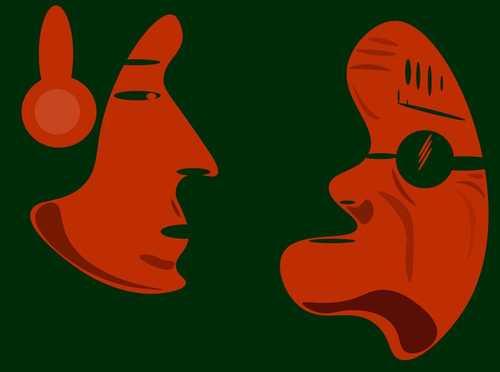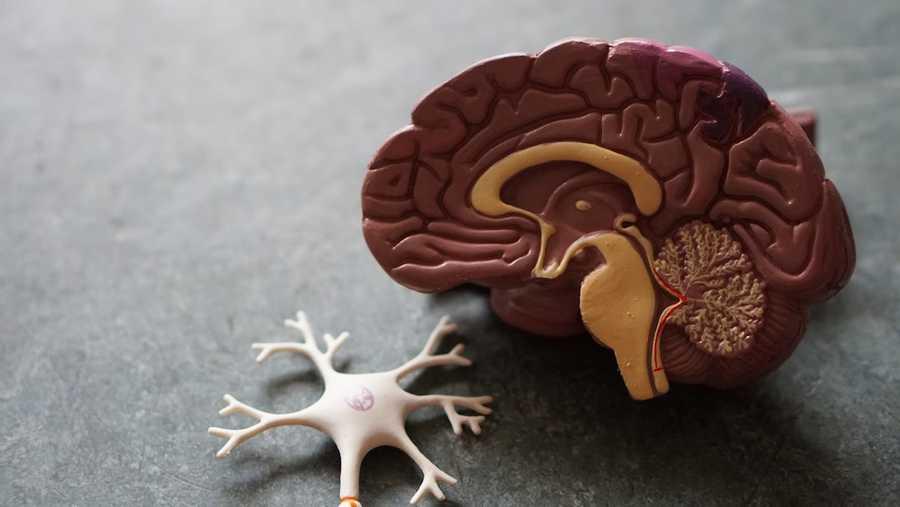Explore the World's Best Ideas
Join today and uncover 100+ curated journeys from 50+ topics. Unlock access to our mobile app with extensive features.
Musical taste crystalizes by our early 20s
Seth Stephens-Davidowitz, author of Everybody Lies: Big Data, New Data, And What The Internet Can Tell Us About Who We Really Are evaluated every Billboard chart-topping tune released between 1960 and 2000, using data from Spotify, along with the ages of those songs' biggest fans.
He found out that the average woman's musical tastes are formed between the ages of 11 and 14, while an average man's music tastes are virtually cemented between the ages of 13 and 16.
Therefore, by our early 20s, our music tastes get locked into place pretty firmly.
15
335 reads
Research shows that by 33 we’ve stopped listening to new music
In 2015, the Skynet & Eberg blog looked at data from US Spotify users and Echo Nest. On average, teen music taste was dominated by popular music, then this steadily dropped until people's tastes "matured" in their early 30s. By age 33, it was more likely they'd never listen to new music again.
In 2018, Deezer surveyed 1,000 Brits about their music preferences and listening habits. 60% said they were listening to the same songs over and over; 25% weren’t likely to try new music outside their preferred genres.
The peak age for discovering new music, the results suggested, was 24.
12
82 reads
Biologically, as we age, we don’t perceive sounds the same way
In 2015, Oliver Bones and Christopher Plack, two neuroscientists of Manchester University and the Chinese University of Hong Kong, released a study called Losing the Music: Aging Affects the Perception and Subcortical Neural Representation of Musical Harmony, that explored the effect that aging has on hearing.
They found out that the brain's ability to distinguish between certain sounds diminishes as people get older, which may explain why the elderly tend to engage less with music.
So to older people, newer, less familiar songs might all “sound the same.”
9
65 reads
Psychologically, familiar music sounds better to us
One of the most researched laws of social psychology is the “mere exposure effect.” In a nutshell, it means that the more we’re exposed to something, the more we tend to like it.
This happens with people we know, the ads we see and, yes, the songs we listen to.
So, when you’re in your early teens, you probably spend a fair amount of time listening to music or watching music videos. Your favorite songs and artists become familiar, comforting parts of your routine.
For many people over 30, job and family obligations increase, so there’s less time to spend discovering new music.
10
48 reads
Intense emotions are easier to remember
A research study by Florin Dolcos and his colleagues at the Duke University reveals that when our emotions are aroused, the brain takes note. It stores as much detail as possible about the emotion-filled event, wiring it for quick recall.
The results show that the amygdala and the hippocampus, regions of our brains that successfully encode emotional memories play a role not only for successful storing of the memories, but also for their successful retrieval.
Therefore, the stronger the emotion, the easier it is to remember.
10
49 reads
The songs in our 20s and the reminiscence bump
Memory researchers have, in fact, identified something called the reminiscence bump, which shows that our strongest memories come from things that happened to us between the ages of 10 and 30.
During adolescence, emotions signal the brain that important events are happening, and these years are full of social feedback about one’s skills, attractiveness, status and desirability as a mate.
All of this might explain why the songs we listen to during this period become so memorable and beloved.
12
64 reads
Getting older and not enjoying new music is OK
As we age, nerve cells in the brain become less able to represent rapid fluctuations in sounds," Christopher Plack, a neuroscientist at the Chinese University of Hong Kong explained in his research paper Losing the Music: Aging Affects the Perception and Subcortical Neural Representation of Musical Harmony.
So there’s nothing wrong with your parents because they don’t like your music. In a way, it’s all part of the natural order of things.
But listening to a lot of music can strengthen your neural responses to music. So, the more you listen to music, the more responsive your neurons become.
9
51 reads
IDEAS CURATED BY
Full-time digital product designer & part-time traveler. Funny, bald, bearded dad. Foodie, rider, stasher.
Adrian Popescu's ideas are part of this journey:
Learn more about personaldevelopment with this collection
How to break bad habits
How habits are formed
The importance of consistency
Related collections
Similar ideas
3 ideas
Why we're obsessed with music from our youth
theconversation.com
15 ideas
The Evolution of Music Consumption: How We Got Here
makeuseof.com
6 ideas
How Music Affects Your Productivity
medium.com
Read & Learn
20x Faster
without
deepstash
with
deepstash
with
deepstash
Personalized microlearning
—
100+ Learning Journeys
—
Access to 200,000+ ideas
—
Access to the mobile app
—
Unlimited idea saving
—
—
Unlimited history
—
—
Unlimited listening to ideas
—
—
Downloading & offline access
—
—
Supercharge your mind with one idea per day
Enter your email and spend 1 minute every day to learn something new.
I agree to receive email updates







